Uniting in Florida to Support Small Farmers
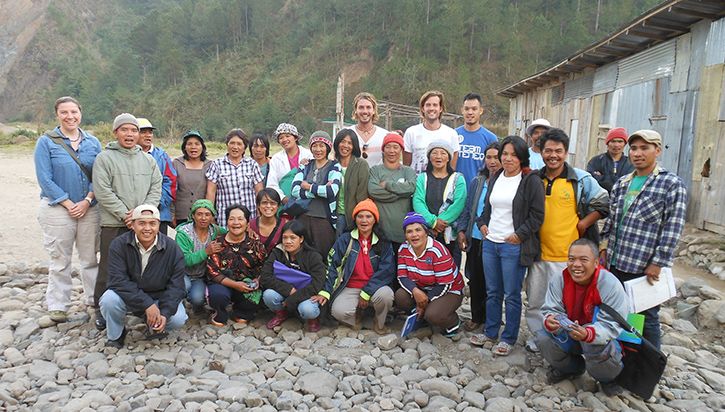
One of the greatest advantages of having diverse international partnerships is being a nexus for the flow of critical information and best practices. Like a gardener selecting seeds based on local soil, water and light conditions, each partner curates their own selection of programs and projects to help communities thrive; and like good neighbors, our partners share “seeds” and tips with each other! In this story, Sara Delaney shares the innovations happening with our partner communities in Nicaragua, Philippines and Burundi.
____________________
Earlier this month I flew down from chilly New York to Fort Myers, Florida, to spend a week at the 21st Annual ECHO International Agriculture Conference
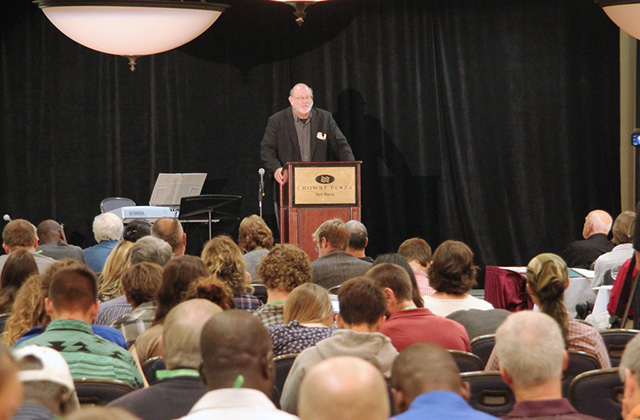
ECHO (Educational Concerns for Hunger Organization) is a global Christian training and resource center that supports development practitioners who are working with small farmers. Their center in Florida includes an amazing demonstration farm showing techniques that can be used in different tropical regions, as well as a seed center, a tree nursery and lots of classrooms!
I was lucky enough to visit ECHO for the first time in 2012, to attend a training on Tropical Agriculture, but this was my first time at their annual conference. The gathering brought together hundreds of people, many from across the United States, and also from countries in Asia, Africa and Latin America. My colleague Ernest who manages our Haiti Program, also made the trip.
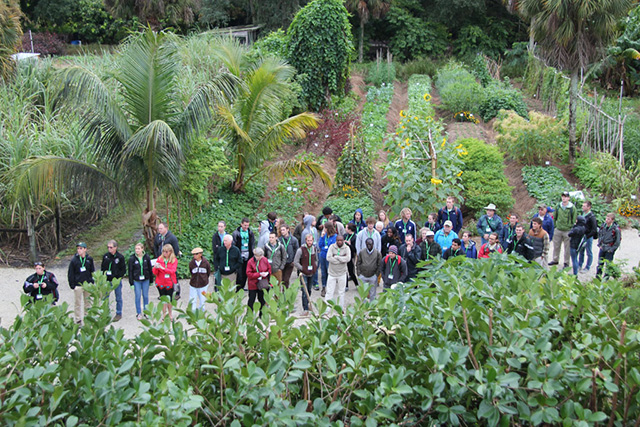
There were university professors and students, NGO staff, founders of small development organizations, missionaries preparing to leave or returning from an assignment, researchers, pastors, those just interested in global food issues…and husbands and wives and children of all of the above!
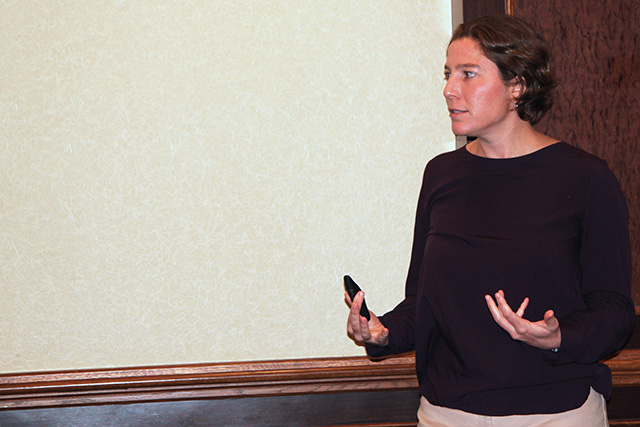
During the week, I had the opportunity to give three (yes three!) presentations on Episcopal Relief & Development’s partner programs. These included our innovative response to Typhoon Haiyan in the Philippines with the Episcopal Church in the Philippines, the work on ‘mega-gardens’ to improve family nutrition and restore soils with CEPAD in Nicaragua and the nation-wide effort in Burundi to protect and restore hillsides with the Anglican Church of Burundi.
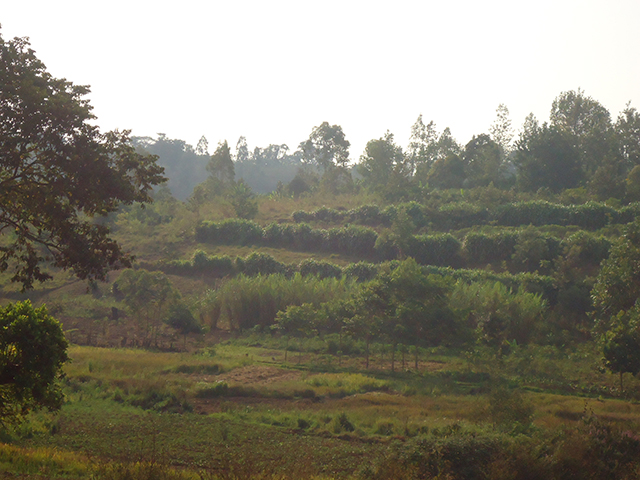
Each of these sessions were well-attended and led to great follow-up questions and discussions, and I left feeling energized and full of new ideas. I was also able to listen to many other presenters from different parts of the world, on topics ranging from ‘beneficial microbiology for farming’ to ‘intercultural team leadership.’ And we were able to spend every afternoon on the ECHO Farm, seeing demonstrations of practical techniques to use in partnership with small farmers.
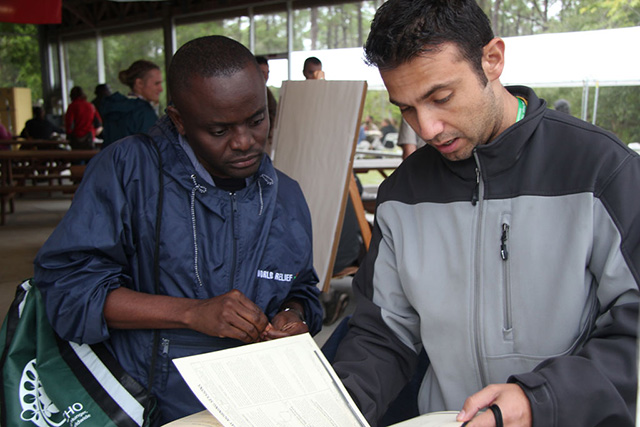
The highlight of every day for me, though, was the lunch – which each day was cooked and served by volunteers from one or more of the local churches or schools! It was so nice to have things like homemade casseroles and cookies while away from home.
On Wednesday, lunch was hosted by a group of three local churches – St. Luke’s Episcopal, All Souls Episcopal and Good Shepherd Lutheran. They made some great Mexican food, which gave me the opportunity to try to explain salsa to someone at my table from Senegal! Thank you to all of the chefs for this wonderful experience!
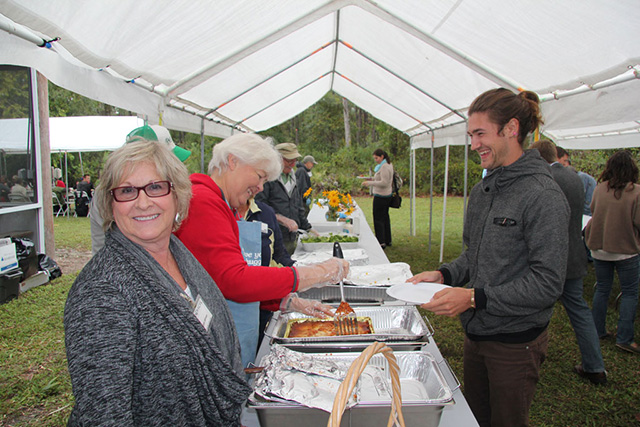
—————————–
Sara Delaney is a Program Officer with Episcopal Relief & Development.
Images: Top, Opening of the conference. Middle 1, Conference tour. Middle 2, Program Officer Sara Delaney giving a presentation. Middle 3, Protected and restored hillside in Burundi. Middle 4, Program Officer Ernest networking with others. Last, Volunteers serving food.
An Historical Journey



